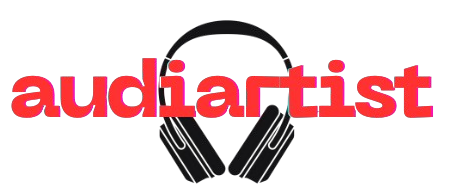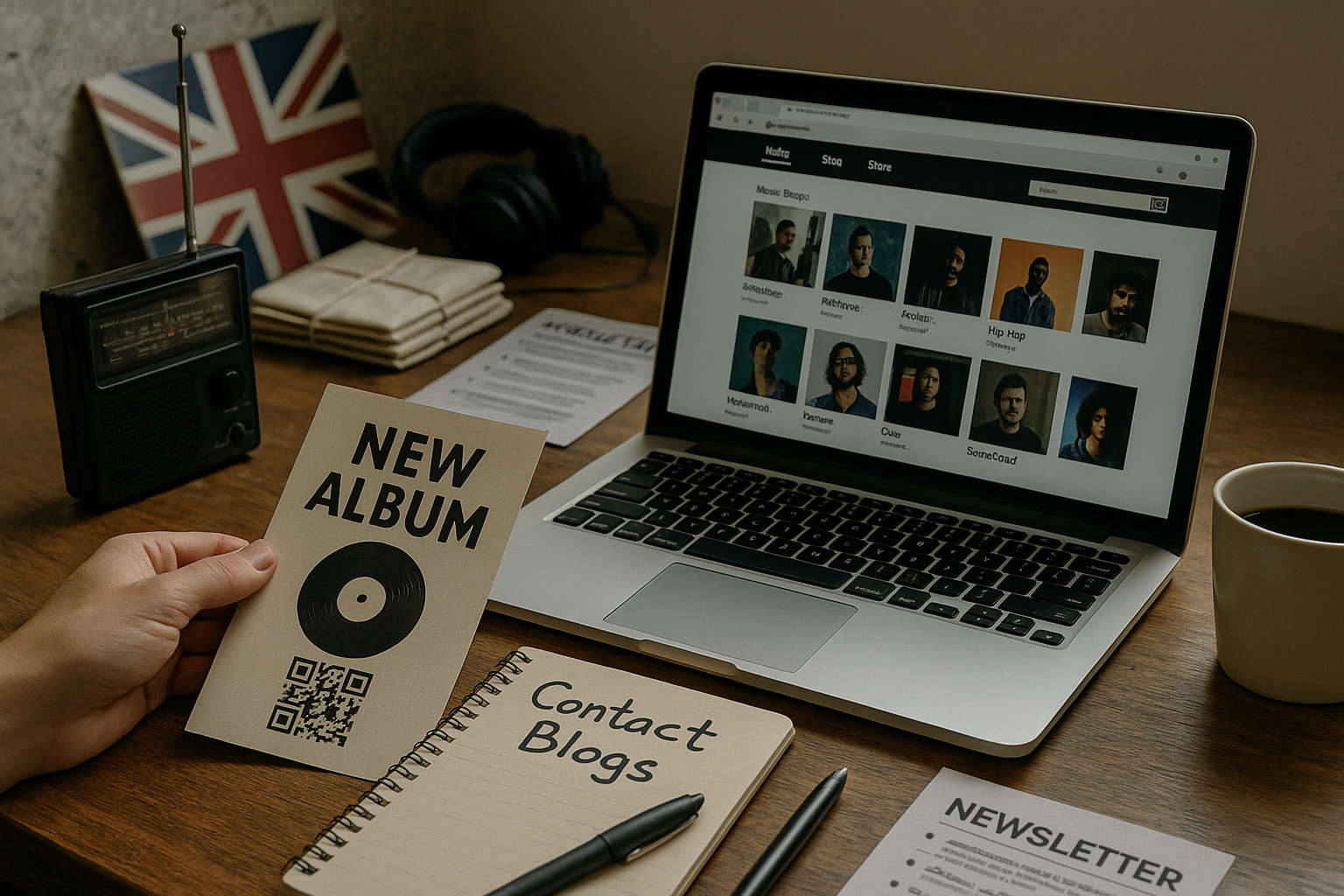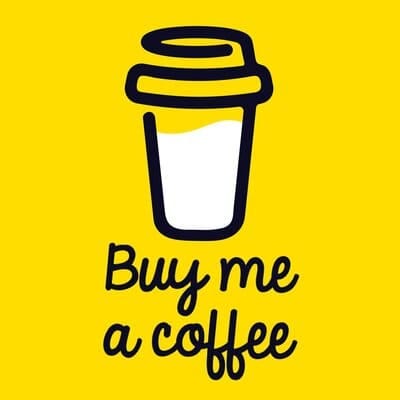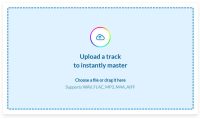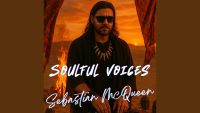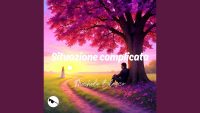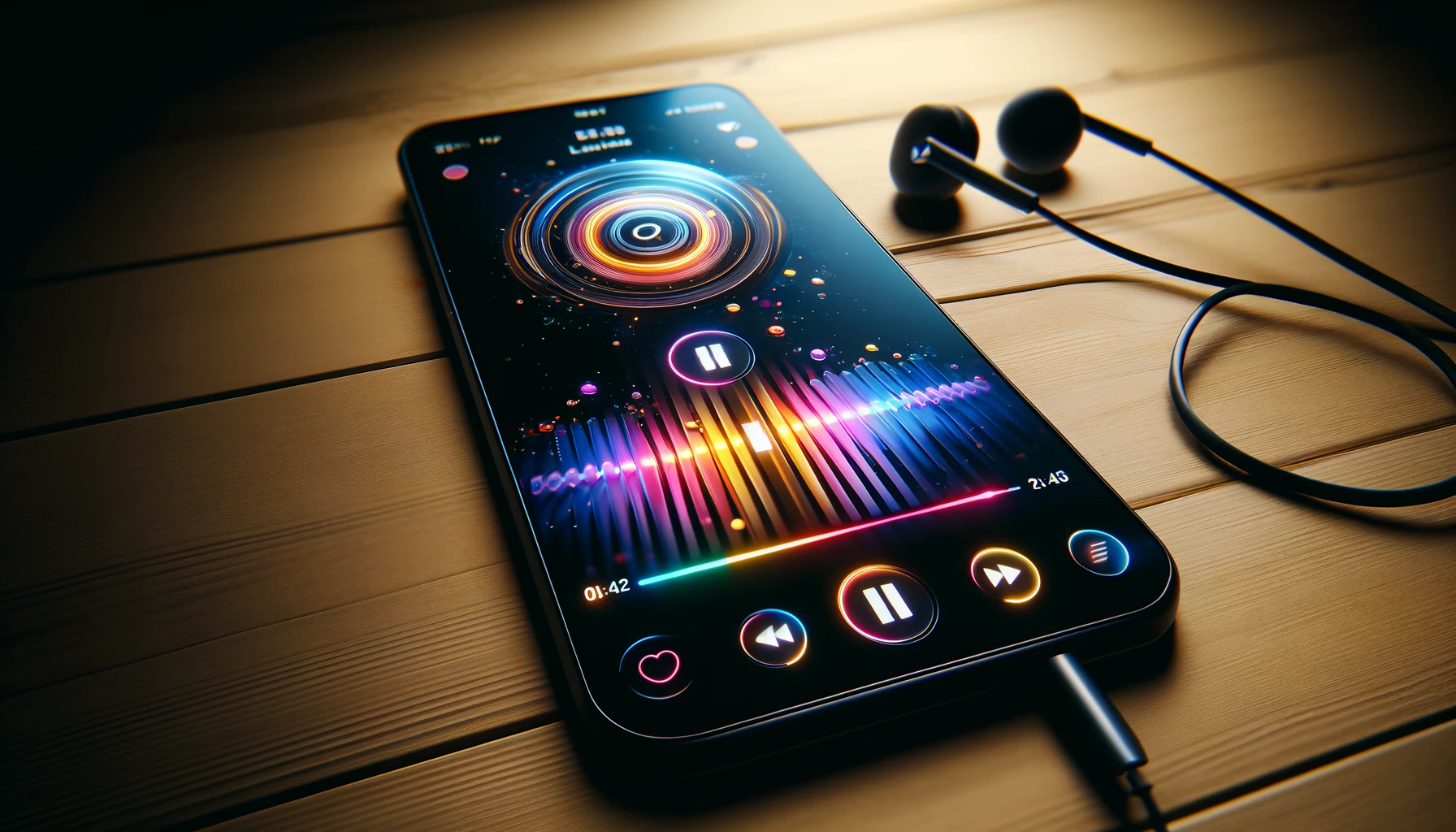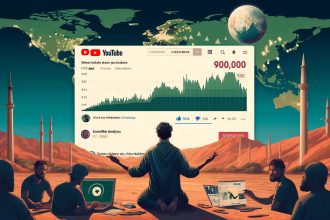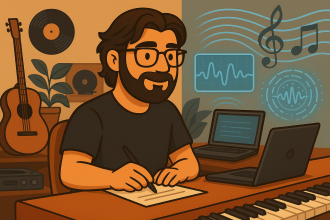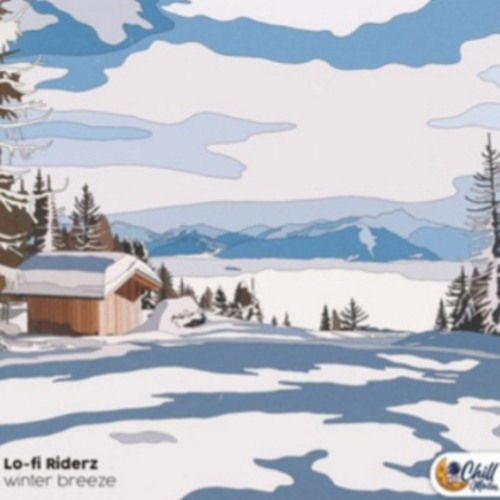Unplugged Success: Alternative Strategies for Independent Artists
In an industry seemingly dominated by TikTok trends and Instagram stories, it may feel impossible to get noticed as an artist without spending hours glued to social media. But beyond the noise of endless scrolling lies a quieter, more strategic path. Artists are increasingly exploring alternative ways to promote their music—methods rooted in authenticity, long-term audience building, and niche communities.
If you’re tired of chasing algorithms, here’s how to promote your music without posting a single selfie.
1. The Power of Blogs: Digital Word-of-Mouth That Still Works
Though often overlooked in favor of flashier platforms, music blogs remain one of the most effective tools for underground and independent artists. From genre-specific review sites to personal music discovery blogs, these platforms offer exposure to a highly targeted and engaged audience.
To get featured:
- Craft a short, compelling pitch about your song or project.
- Personalize your emails—bloggers can spot mass outreach a mile away.
- Include links to your press kit, high-quality visuals, and streaming links.
📍 Try these sites:
2. Newsletters: Building Your Inner Circle
Email may feel old school, but in 2025, newsletters are thriving. Whether it’s Substack, Mailchimp, or your own custom system, an email list is a powerful asset. Why? Because you own it. Unlike social platforms, you’re not fighting against algorithms or platform restrictions.
Use your newsletter to:
- Announce new releases and exclusive content
- Share behind-the-scenes moments and stories
- Offer early access to merch or event tickets
The goal isn’t to broadcast—it’s to connect.
3. Targeted Platforms and Niche Communities
Streaming platforms like Bandcamp, Audius, and SoundCloud offer more than just hosting. They’re places where music fans discover, discuss, and support independent music. Bandcamp in particular has cultivated a culture of support, where listeners are more inclined to purchase music and merch.
Additionally, communities on Reddit, Discord, and even genre-specific forums like Gearspace or the Dubstep Forum can serve as fertile ground for organic growth.
Don’t just drop links. Be part of the conversation. Share feedback, ask questions, and build credibility.
4. Old-School Buzz: Word-of-Mouth Reimagined
There’s something timeless about real-world recommendations. Whether it’s a friend playing your track at a party, a local DJ spinning your latest single, or someone sharing your vinyl at a listening event—buzz still travels offline.
Here are some modern spins on word-of-mouth:
- Host a private listening session in your city
- Drop USBs or QR codes with your music in record stores or cafés
- Collaborate with independent radio stations and college DJs (ex: NTS Radio, Resonance FM)
- Offer exclusive CDs or merch packs with handwritten notes
When music becomes a physical experience, it often becomes more memorable—and more shareable.
5. Licensing, Sync & Creative Projects
Your next fan might discover you through a short film, a YouTube travel vlog, or a podcast intro. Licensing your music for creative projects (commercials, indie games, brand videos, etc.) offers exposure to wide, varied audiences—often without the need for any promotion on your part.
📍 Explore these platforms:
Conclusion: Build a Legacy, Not Just a Following
Promoting your music without social media isn’t about being invisible—it’s about being intentional. It’s for artists who’d rather build a career than chase trends, who understand that deep connections often grow in quieter spaces.
So while the rest of the industry battles the algorithm, you can build your tribe, one real listener at a time.
![]()
